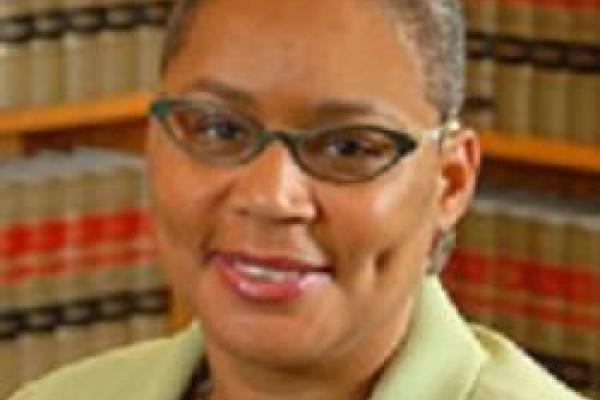
Abstract
This talk will examine a little studied area at the intersections of masculinity, feminist studies, and criminal justice – sexual abuse of boys in custody by female staff. Professor Smith will outline the scope of the problem and discusses competing narratives that attempt to explain the phenomena: (1) female staff as “mother, sister, friend”; (2) adolescent development theory; (3) complex early childhood trauma; and (4) female authority and power. There is a gap in both masculinity and feminist theory in analyzing sexual aggression and power by women over boys. The talk will colclude with policy and practice prescription and recommendations for further theoretical development in the masculinity and feminist theory spaces to account for this phenomena.
In recent years, the violent crime rate has dropped to near record lows. At the same time, there has been an explosion in the number of private citizens who obtain a license to carry a concealed firearm in public. There are now nearly eight million people with concealed carry permits nation-wide, and yet little is known about how they think about crime, threat, and self-defense. An analysis of in-depth interviews with 36 concealed handgun license holders in Texas suggests that while concealed-carry instructors explain threat in ostensibly race-neutral, colorblind language, license holders themselves utilize racialized and classed understandings of crime as they navigate public spaces. As this research makes clear, the way that license holders think about crime and victimization, including differences in how men and women explain threat, is a critical component in understanding the social implications of an armed citizenry.Lecturer
Brenda V. Smith is a professor at the Washington College of Law at American University where she teaches in the Community Economic Development Law Clinic. Professor Smith is also the Project Director for the United States Department of Justice, National Institute of Corrections Cooperative Agreement on Addressing Prison Rape. In November 2003, Professor Smith was appointed to the National Prison Rape Elimination Commission by the United States House of Representatives Minority Leader, Nancy Pelosi (D- Calif.). Prior to her faculty appointment at the Washington College of Law, Professor Smith was the Senior Counsel for Economic Security at the National Women's Law Center and Director of the Center's Women in Prison Project and Child and Family Support Project. Professor Smith is a 1984 graduate of Georgetown University Law Center and a magna cum laude graduate of Spelman College in 1980.
Professor Smith is an expert on issues affecting women in prison, and has published and spoken widely on those issues. Recent publications include Rethinking Prison Sex: Self -Expression and Safety, 15 Colum. J. Gender & L. 185 (2006); Sexual Abuse of Women in Prison: A Modern Corollary of Slavery, 33 Fordham Urb. L. J. 571 (2006); Battering, Forgiveness and Redemption: Exploring Alternative Models for Addressing Domestic Violence in Communities of Color, in Domestic Violence at the Margins: Readings on Race, Class, Gender, and Culture (Rutgers University Press, 2004); Watching You, Watching Me, 15 Yale J.L. & Feminism 225 (2003); Battering, Forgiveness and Redemption, 11 Am. U. J. Gender Soc. Policy & L. 921, Volume 2 (2003); An End to Silence: Prisoners’ Handbook on Identifying and Addressing Sexual Misconduct, (2d ed., Washington College of Law, 2002); and Sexual Abuse Against Women in Prison, ABA Criminal Justice Magazine, Vol. 16. No. 1, Spring, 2001.
Professor Smith has received numerous honors, including the prestigious Kellogg National Fellowship in 1993. She was inducted into the D.C. Women’s Hall of Fame in 1998 for her work on behalf of low-income women in the District of Columbia. Most recently, Professor Smith was awarded the Emalee C. Godsey Research Award for her article, Battering, Forgiveness and Redemption.
